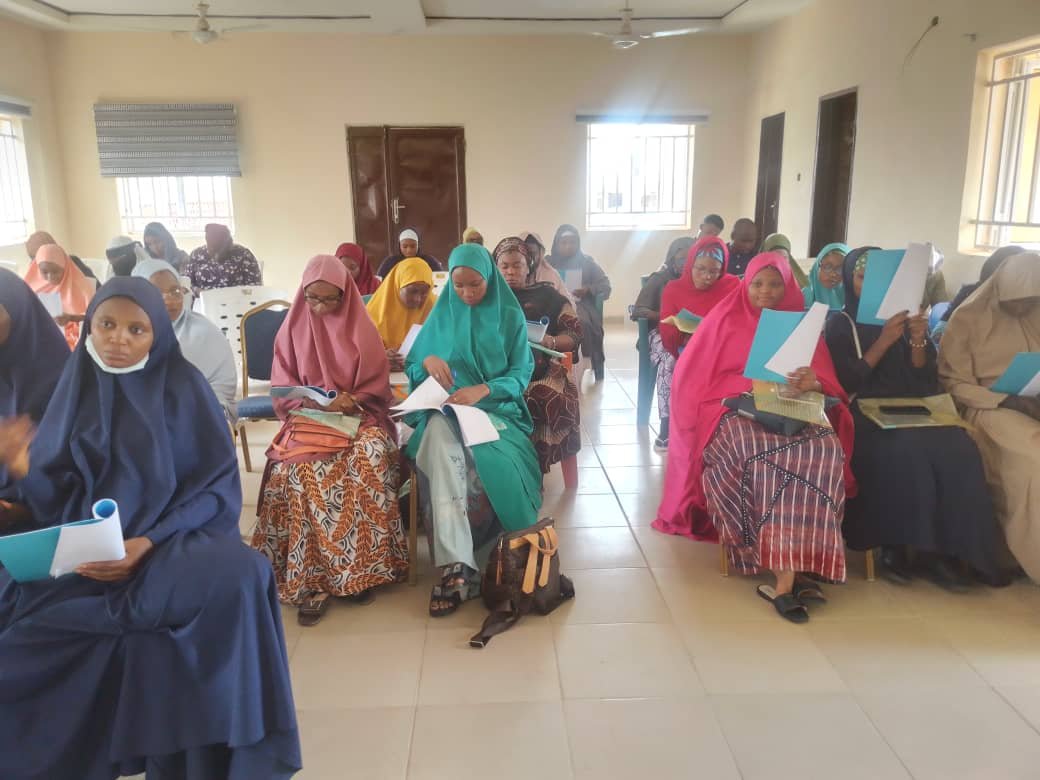
76 data collectors trained on decentralised immunisation monitoring in Bauchi
By Ahmed Ahmed
Seventy-six data enumerators have been trained on decentralised immunisation monitoring in Bauchi and Ganjuwa Local Government Areas(LGAs) of Bauchi State.
The training was facilitated by the Zero Dose Learning Hub, a consortium comprising the African Field Epidemiology Network, Africa Health Budget Network, in collaboration with John Snow Inc. and the Liverpool School of Tropical Medicine.
Speaking during the training on Tuesday in Bauchi, Mr Garba Mustapha Umar, Monitoring, Evaluation, Learning, and Research Officer at AFENET, said the participants included 42 from Bauchi LGA and 34 from Ganjuwa LGA.
He explained that the initiative aimed to strengthen routine immunisation coverage and improve health outcomes at the grassroots level.
Umar further noted that the training would enable participants to estimate average coverage proportions for priority immunisation indicators at the local government level.
He said the training would also equip participants to identify wards that fell below the LGA vaccination coverage benchmark, allowing targeted interventions.
“The goal is to generate reliable evidence on key vaccination indicators that can be used by the State Primary Health Care Management Board to guide policy decisions and strengthen immunisation programming,” Umar said.
He said the training focused on building the capacity of data collectors and supervisors to effectively use the Lot Quality Assurance Sampling survey tools, select households and respondents, and conduct professional interviews to ensure credible data collection.
According to him, a decentralised monitoring approach, among others, is expected to boost immunisation coverage by providing timely, evidence-based data for decision-making.
It will also help participants in intervention planning at the ward and LGA levels, ultimately reducing vaccine-preventable diseases in the state.
A participant, Mariya Sani, expressed gratitude for the training, saying it had significantly enhanced her understanding of immunisation data collection processes.
“I have acquired knowledge that will help me contribute to improving routine immunisation services in my community,” she said.


